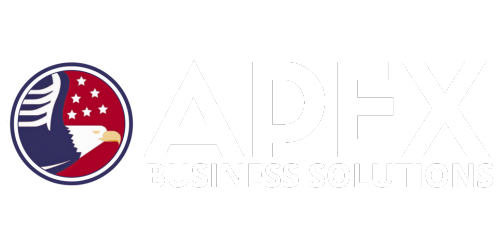The Owners Personal Credit Can Play A Role
Personal Credit in Business Financing: While building business credit aims to separate personal and business finances, the reality is that the business owner’s personal credit can still play a significant role, especially in the early stages of securing financing. High personal credit scores can unlock more favorable financing options.
Ideal Personal Credit Score: A personal credit score of 720 or higher is often preferred. Owners or officers with such scores are likely to access better financing terms and higher approval rates.
Corp Only Financing Realities:
- Asset-Based Financing: For startups or businesses with poor personal credit, assets like receivables, revenue streams, or equipment can be used as collateral.
- Unsecured Cash Financing: This requires pre-qualification, including a strong credit history, sufficient revenue, and a solid business credit score.
Qualifications for Unsecured Cash Financing:
- Comparable credit amount to the requested loan.
- At least 10 tradelines with a year of history.
- Minimum Bank Low 5 Rating (average daily balance of $10,000+ for 90 days).
- Completion of all 20 items of Lender Compliance.
- $35,000+ monthly gross revenue.
- 2+ years in business.
- Filed tax returns and financial statements for the previous year.
- Entity in good standing with necessary licenses.
- Manageable debt-to-income and debt-to-limit ratios.
- Strong business credit scores and FICO Small Business Score.
Non-Cash Corp Only Financing: There are numerous sources for non-cash financing like net 30 payment terms, revolving credit lines, and specific brand credit cards. These are common for building business credit.
Caution Against Authorized User Account Abuse: Purchasing authorized user accounts to inflate personal credit scores is considered fraudulent. Lenders can easily identify these artificial boosts, potentially leading to declined business loan applications.
Optimizing Owners’ Personal Credit:
- Keep credit card balances below 45% of the limit.
- Maintain a debt-to-income ratio under 45%.
- Limit credit inquiries.
- Aim for high-limit revolving accounts.
- Don’t close old accounts; age of credit matters.
- Resolve any collections, judgments, or charge-offs.
- Strive for a 720+ FICO 8 score.
Action Steps:
- Regularly monitor and improve personal credit scores.
- Consider asset-based options if personal credit is not strong.
- Be cautious about strategies that artificially inflate credit scores.
- Keep personal financial health in check to enhance business financing opportunities.



Leave A Comment